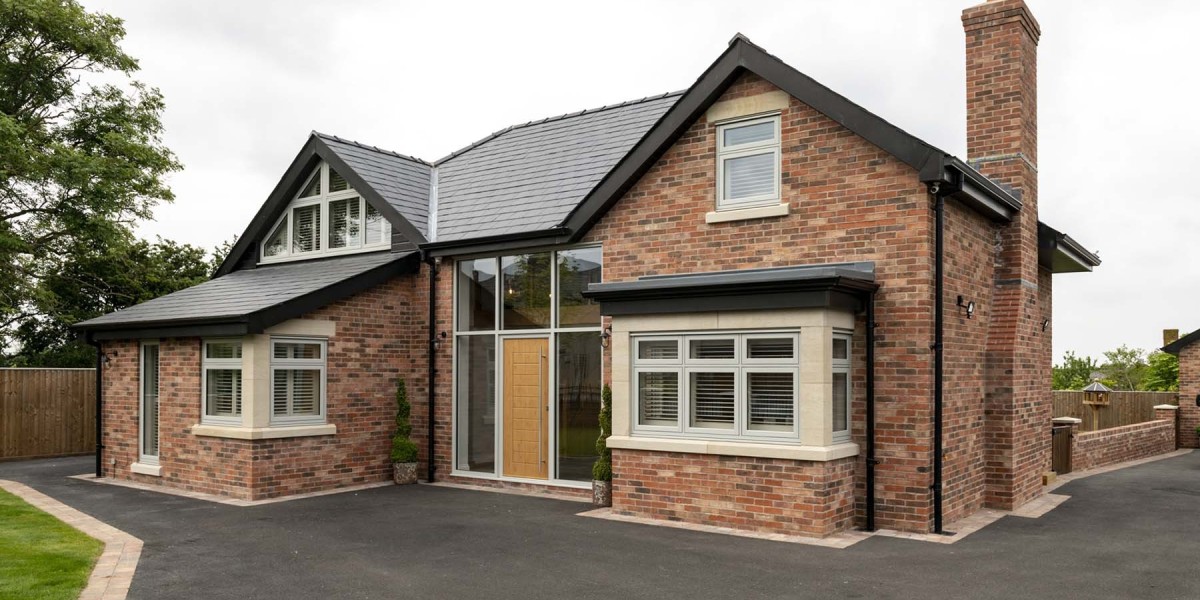Investing in real estate can be one of the smartest financial decisions you’ll ever make—if you do it right. Whether you're looking to generate passive income, build long-term wealth, or diversify your portfolio, your first investment property can set the tone for your future success.
But it’s not just about buying any property. It's about making informed, strategic decisions from the start. Here’s a beginner-friendly guide with key tips to help you confidently purchase your first investment property.
1. Set Clear Investment Goals
Before you even browse listings or speak to an agent, define your investment objectives.
Are you looking for short-term rental income?
Do you prefer long-term appreciation?
Are you planning to flip the property or hold onto it?
Your goals will shape everything—from the location to the type of property you buy. Be clear about your risk tolerance, expected cash flow, and the timeline for your returns.
2. Understand Your Budget
Your budget isn't just about what you can afford to pay for the property itself. You’ll need to consider:
Down payment (typically 15–25% for investment properties)
Closing costs
Property taxes
Insurance
Renovation or repair costs
Ongoing maintenance
Property management fees (if applicable)
Also, keep a financial cushion for unexpected expenses. Smart investors always plan for the worst-case scenario.
3. Choose the Right Location
Location can make or break your investment. Look for areas that show strong indicators of growth:
Job market stability and expansion
Population growth
Good school districts
Low crime rates
Access to amenities like transport, shops, and parks
It’s better to buy a modest property in a thriving area than a large house in a declining neighborhood. Do your research, visit the area, and talk to locals if possible.
4. Start Small
As a first-time investor, resist the urge to go big. Start with a single-family home, duplex, or a small multi-family unit.
These are typically easier to finance, manage, and rent out. They also help you build experience and confidence before moving on to more complex deals.
5. Crunch the Numbers
Never rely on gut feeling when buying investment property. Do the math.
A few key numbers to focus on:
Cash Flow: Rent income minus all expenses.
Cap Rate: Net operating income divided by property value.
Return on Investment (ROI): Measures profitability after all costs.
Occupancy Rate: Percentage of time the property is expected to be rented.
Aim for positive cash flow and at least a 6–8% cap rate for solid performance.
6. Get Pre-Approved
Speak to a mortgage lender and get pre-approved before house hunting. This gives you a clear idea of your purchasing power and speeds up the buying process.
Remember: Investment property loans often come with stricter terms than regular home loans, including higher interest rates and larger down payments.
7. Work with Professionals
You don’t have to go it alone. A strong support team can make all the difference:
Real estate agent experienced in investment properties
Mortgage broker familiar with investor financing
Real estate attorney for legal peace of mind
Home inspector to uncover hidden issues
Contractor for renovation estimates
Property manager if you don’t plan to manage the rental yourself
Investing is a business. Treat it like one by assembling the right team.
8. Inspect Thoroughly
A professional home inspection is non-negotiable. It’s your best defense against buying a money pit.
Look beyond cosmetic issues. Structural damage, outdated plumbing, or faulty electrical systems can eat into your profits fast. Don’t skip this step, even if the property looks perfect on the outside.
9. Estimate Rental Income Accurately
Research the local rental market to understand what similar properties are renting for. Overestimating rental income is one of the most common mistakes new investors make.
Use tools like local rental listings, talk to property managers, and check rental comps to get a realistic picture.
Also, factor in vacancies—most properties won’t be rented 100% of the time.
10. Plan for Property Management
If you're not ready to be a hands-on landlord, hiring a property management company can be worth the cost.
They can handle:
Finding and screening tenants
Rent collection
Maintenance and repairs
Legal notices and evictions
Their fee typically ranges from 8–12% of monthly rental income, but it frees up your time and reduces stress.
11. Avoid Emotional Buying
This isn’t your dream home. It’s a financial asset. Focus on numbers and facts—not feelings.
A beautiful kitchen or stylish interior doesn’t mean much if the property can’t generate income or appreciate in value. Stick to your budget and investment criteria.
12. Think Long-Term
Real estate is not a get-rich-quick scheme. Value builds over time.
If you stay disciplined, reinvest your profits, and keep learning, your first investment can be the foundation for a profitable portfolio.
Patience, preparation, and persistence are your greatest allies.
Final Thoughts
Buying your first investment property is an exciting milestone—but it's also a serious commitment. By educating yourself, crunching the numbers, and making strategic choices, you set yourself up for long-term success.
Remember: every successful investor was once a beginner too. With the right approach, you can build lasting wealth, one property at a time.
Important Links
Step-by-Step Guide to Buying a House for the First Time
Best Places to Buy Rental Property for Cash Flow
How to Evaluate Property Value Before Buying
Buying Foreclosed Homes for Investment







